Digital Completions in Plant Modifications and Upgrades
Unlike greenfield or any new build construction projects, plant modifications and upgrades present a unique set of challenges. Work is carried out...
5 min read
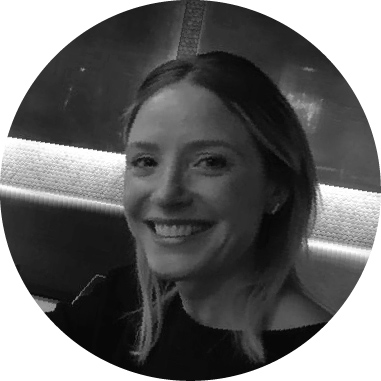 Lisa De Vellis, PE
:
Nov 9, 2022 2:36:28 PM
Lisa De Vellis, PE
:
Nov 9, 2022 2:36:28 PM
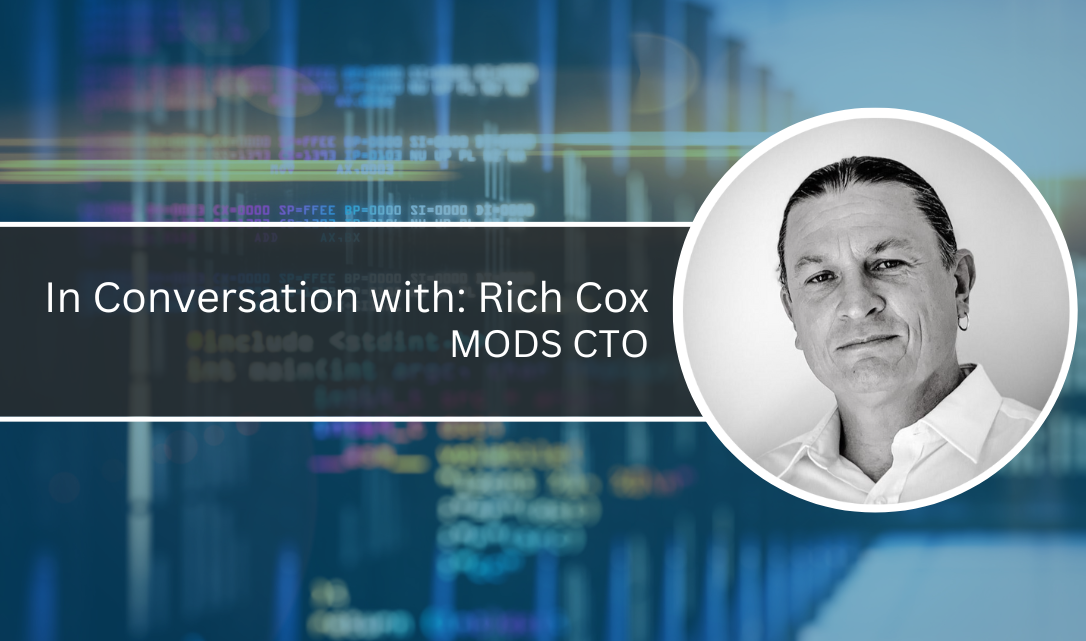
MODS’s enigmatic Richard Cox, CTO, leads a motley crew of coders – programmers, developers and architects (more on that later) – from his home in Jamaica. He wrote the original code for MODS’s inaugural software, which remains intact as the backbone for MODS Connect.
Having recently welcomed Stuart Pirie as his VP of Software Engineering, Rich’s department is undergoing a phase of transformation to usher MODS as the de facto software service provider for the construction, maintenance and upgrades of industrial assets worldwide.
A Chief Technology Officer (CTO) headlines software development in a Software-as-a-Service (SaaS) firm. Responsible for aligning available technologies with business goas, a CTO is the person driving and implementing a company’s tech strategy, which directly translates into metabolizing visions for product development into market-ready tools.
Rich’s CTO position at MODS is about unifying the modules and product streams to deliver software that makes clients more productive and efficient, resulting directly in cost savings.
When asked how he ensures he stays on top of the pace of technology change, Rich points out that his main goal at the moment is to optimize the use of existing technologies through increasing the efficiency and client-focus of MODS’s software.
Until all the juice is squeezed out of existing technologies, it’s foolhardy to leapfrog over into more advanced (and less explored) terrain. This is especially true because MODS is a service company, so Rich always asks, “What is the benefit to the client?”
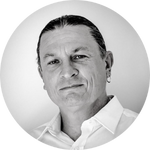
He says:
“Right now, we’ve got lots of software. It’s how we now bring that together. This is the challenge: being realistic from the client perspective. Because technology has gotten to where it is, looking inside to the tech that we’re offering and ensuring that when a client buys our software that it’s a mutual investment and increasing the value of their business. We continuously strive to increase the productivity of our clients.
The role of the CTO is to fine tune our ability to enhance client productivity, to cut off any dead wood, to deliver measurable value to our clients. We owe it to our clients to provide them with solutions that will enhance their businesses. Whether that’s by making people more productive, enhancing safety through predicting maintenance and failures and, more broadly, proactively stopping issues before they arise. These are the areas that we focus on to deliver benefits and, hence, cost savings. Saving one life offshore, for example, is priceless both in terms of human-cost and financial cost to a company.”
Rich’s story is an example of meritocracy at its best. He’s smart. Like, really smart. Starting at only 13 years old, Rich is approaching his 40th year of programming, which makes him sort of a Godfather of Geekery. He cut his teeth in the early days, when tech was evolving at a rapid pace.
Early in his career, Rich got involved in mathematics-based coding, whereby he would design software that could complete arduous calculations in 15 seconds that would otherwise take 2 weeks with a paper and pen. He described it as both complex and repetitive. But, it was most certainly a game changer and, in his words: “This was the drug where I got hooked.”
Lucky, because Rich was a young the programmer taken on the journey into being a developer and then an architect because tech was moving fast.
Rich demystifies the career evolution and identity politics behind these terms. It’s important because as someone responsible for grooming a team of software coders,

Rich says:
“I motivate the team at the developer level to open their eyes to the various stages so they know where they could go.”
The developer, he says, is the entry-level coder position, the straight-out-of-university hopeful. This person puts together building blocks based on bricks someone else has made by linking things together to make software. The programmer is the next step up; this person makes the bricks. The architect does both, she is both a core programmer, making her own tools, and a developer, putting those tools together.
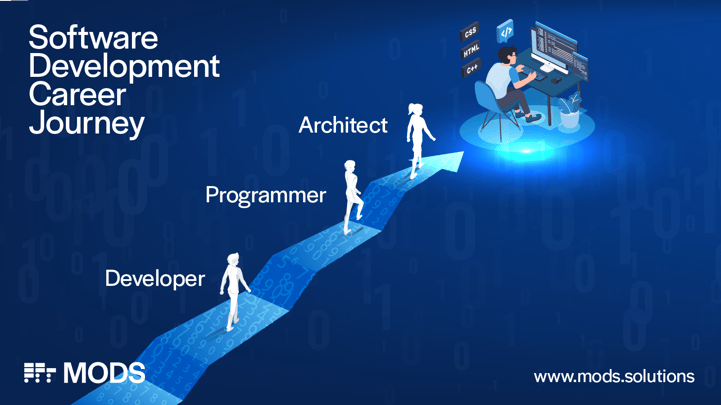
Rich is an architect who evolved to that stage from his strengths as a programmer, dating back to his early days of writing code to solve complex mathematical problems. But his focus remains on developing his team. “Nurturing talent to get better products,” he says – the statement of a leader who creates an environment in which his team can thrive, grow and create superb products.
In fact, this is where Rich sees his role as CTO as most pivotal.
“I would argue that there’s not much great tech coming out right now,” he says, “but we can nurture talent and skill to get more out of the tech that we do have access to.”
And that is how useful, effective products are borne.
Reflecting on his career trajectory brings him back to his present vision with MODS. “Everything we do in software comes from moving pieces of information around,”he says, embodying MODS’s tag line by simplifying the complex.

“Evolution of tech is slow at the moment. Exempting AI, which we underuse in our industry because we don’t have access to good data, the question at present is: How do we get this data?
Indeed, implementing new technological solutions and designing new software requires quality-assured data. Rich warns, “We need to be realistic with regard to which data is actually useful so that it’s funnelled to the right people. Case in point: everyone wants a dashboard, but the dashboard must be relevant to the people actually using it.”
Rich’s philosophy is decidedly that of a skilled CTO. He doesn’t jump on jargony bandwagons or chase trendy tech or competitor products. Everything he directs is with the end user in mind. It is a sensible, pragmatic and effective approach for a company whose job is to sell impactful software that solves problems and changes the bottom line.
MODS was originally an engineering company before it evolved into the software house it is today. Rich was there from the beginning. Early versions of MODS software coalesced into MODS Connect, for which Rich wrote the initial code. With the early success of MODS Connect, more sophisticated methods were used to develop other software.
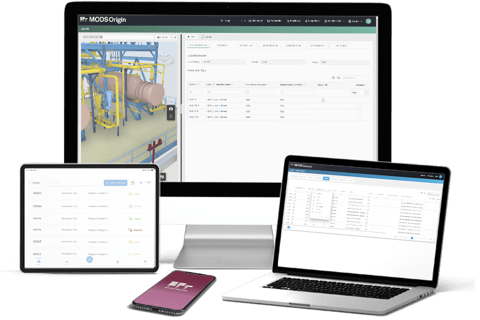 Now, Rich’s role as CTO is to refine focus and ensure all aspects of software design translate directly into productive user experiences by controlling product development. Informed by his architect’s sensibilities, Rich directs software development to ensure it’s useful to the client.
Now, Rich’s role as CTO is to refine focus and ensure all aspects of software design translate directly into productive user experiences by controlling product development. Informed by his architect’s sensibilities, Rich directs software development to ensure it’s useful to the client.
“The world needs developers,” he says. MODS has built an arsenal of coders and Rich’s job is to shepherd each of them into optimum success, hence where the developer-programmer-architect paradigm comes in.
Following the prompts from client-led development – and remaining true to his ethos of not chasing trends but rather investing in impact – current strategic tech priorities sit with data and dashboards.

“The quality of software is dictated by browser and user experience,” Rich explains, “and collaboration of data is a biggie.”
When it comes to MODS Connect, the user experience is everything. With the option of being 3D-driven, MODS Connect first came out as web-based 15 years ago, which was a massive achievement and a precedent-setting software innovation for MODS. Rich has had his fingers in the development pot from the beginning and has been instrumental in sculpting MODS Connect into the user-friendly, high-impact experience it is today.
Despite having been thrown out of computer studies at a tender age, the man has mastered the roles of developer, programmer and architect and hence, clearly has a gift for software development. The CTO role is arguably the most important role in a tech company. In Rich, MODS has someone who has been there from the beginning, so he brings perspective.
Rich’s historical perspective is certainly valuable, it’s what allows him to marry a real-world understanding of the market to a more esoteric vision of the future of technology. His true expertise rests in the ability to metabolize this high-level technological know-how into market-ready products poised for measurable impact. Rich grounds lofty ideas and directs product development at MODS with the simple yet poignant concept of: what do people want?
Rich notes his most influential person as Charlie Munger, right-hand man of the famed Warren Buffet and vice chairman of Berkshire Hathaway who overcame significant personal struggle in his earlier years to become a self-made philanthropic billionaire.
Indeed, Rich is a morally driven, deep thinking leader. He leaves us with these inspirational words of wisdom:
“meet with Triumph and Disaster and treat those two imposters just the same” - Rudyard Kipling, If.
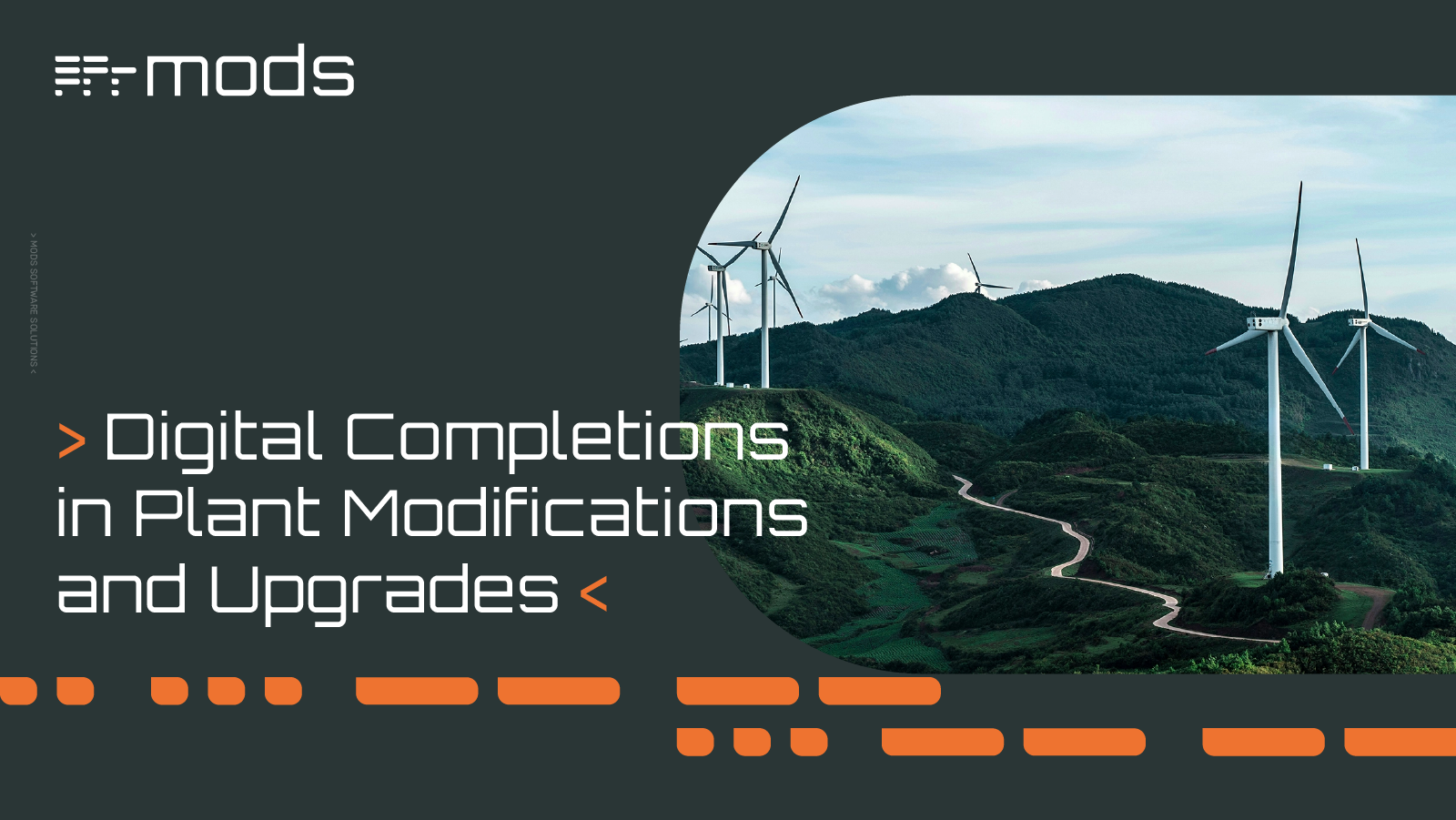
Unlike greenfield or any new build construction projects, plant modifications and upgrades present a unique set of challenges. Work is carried out...

Turnarounds and shutdowns are among the most critical—and stressful—phases in the management and operation of industrial assets. These planned...
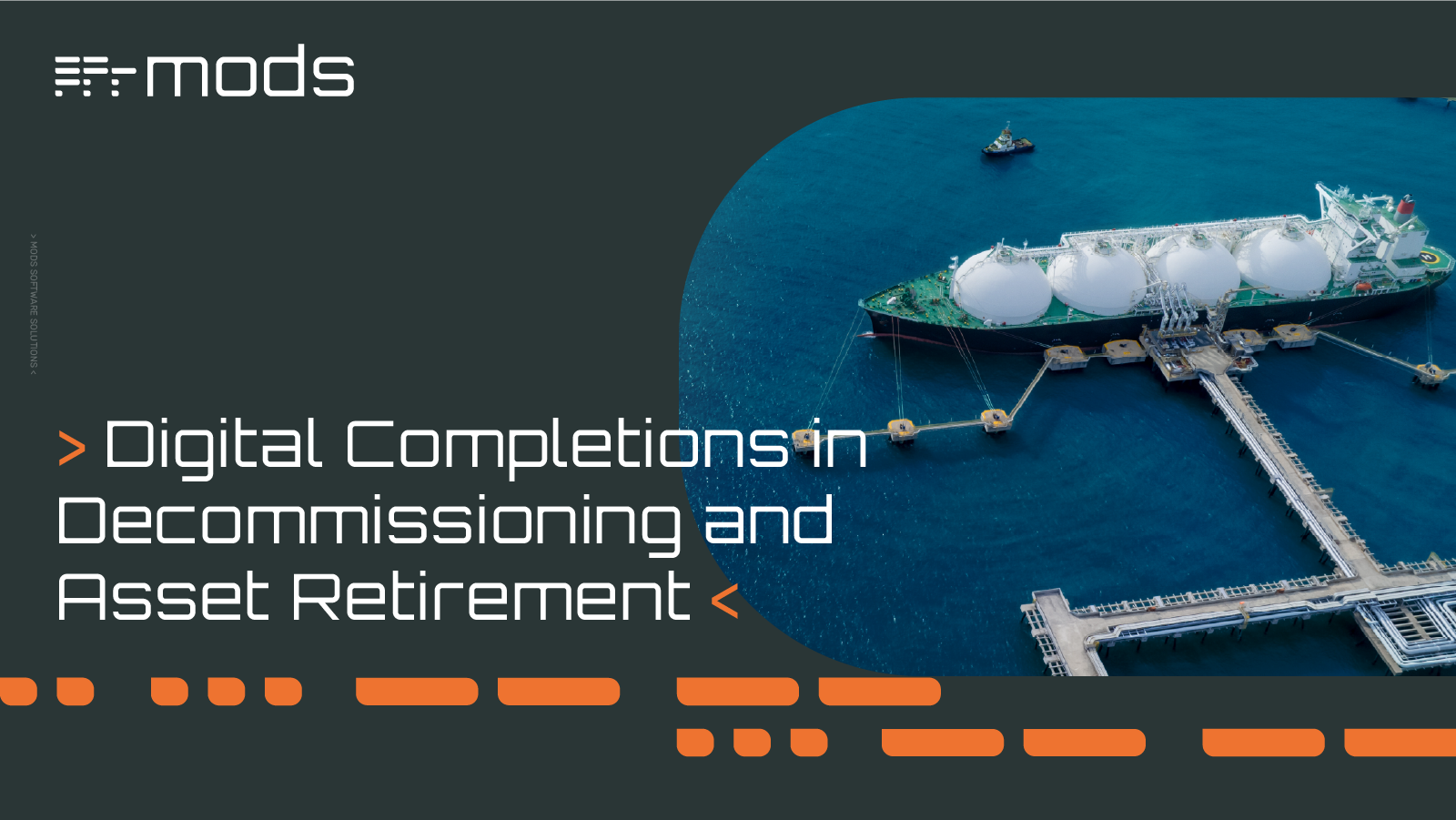
Offshore decommissioning and asset retirement present significant logistical, regulatory, safety, fiscal and reputational challenges. The process of...
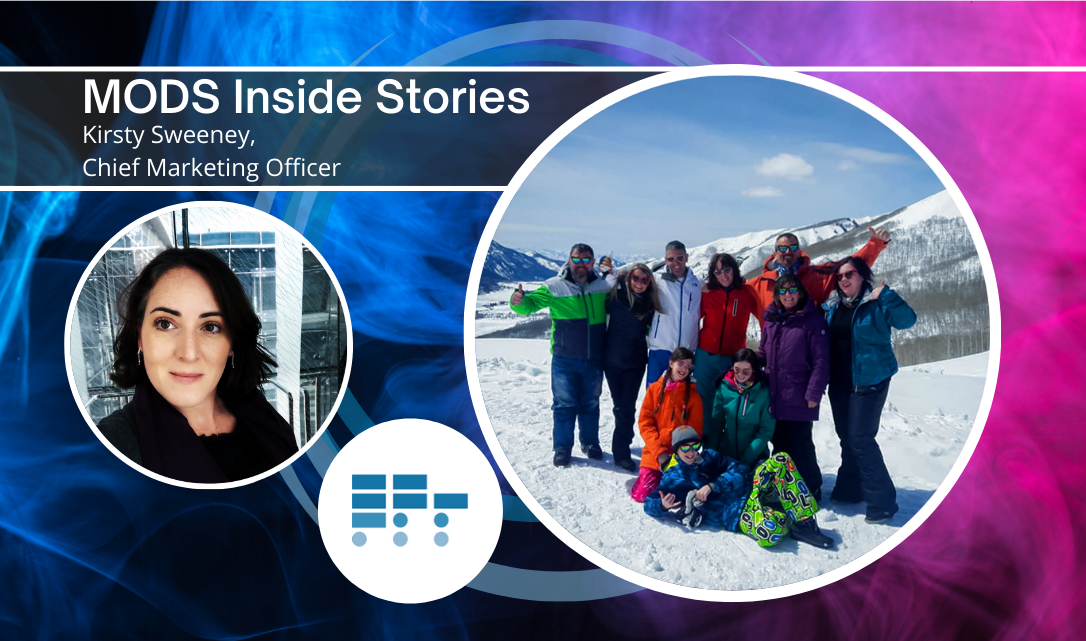
Kirsty Sweeney, MODS’s Chief Marketing Officer (CMO), returned to her second stint with MODS in 2020 to champion the company’s evolution, ensuring...
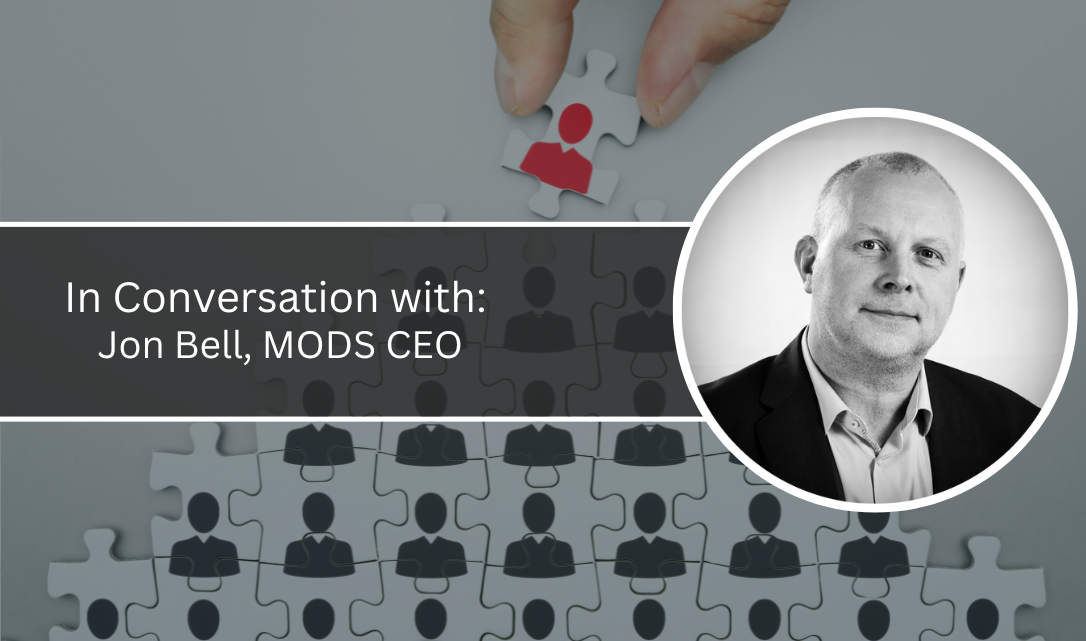
MODS’s co-founder and CEO, Jon Bell, reflects on MODS’s evolution and trajectory moving into 2023.
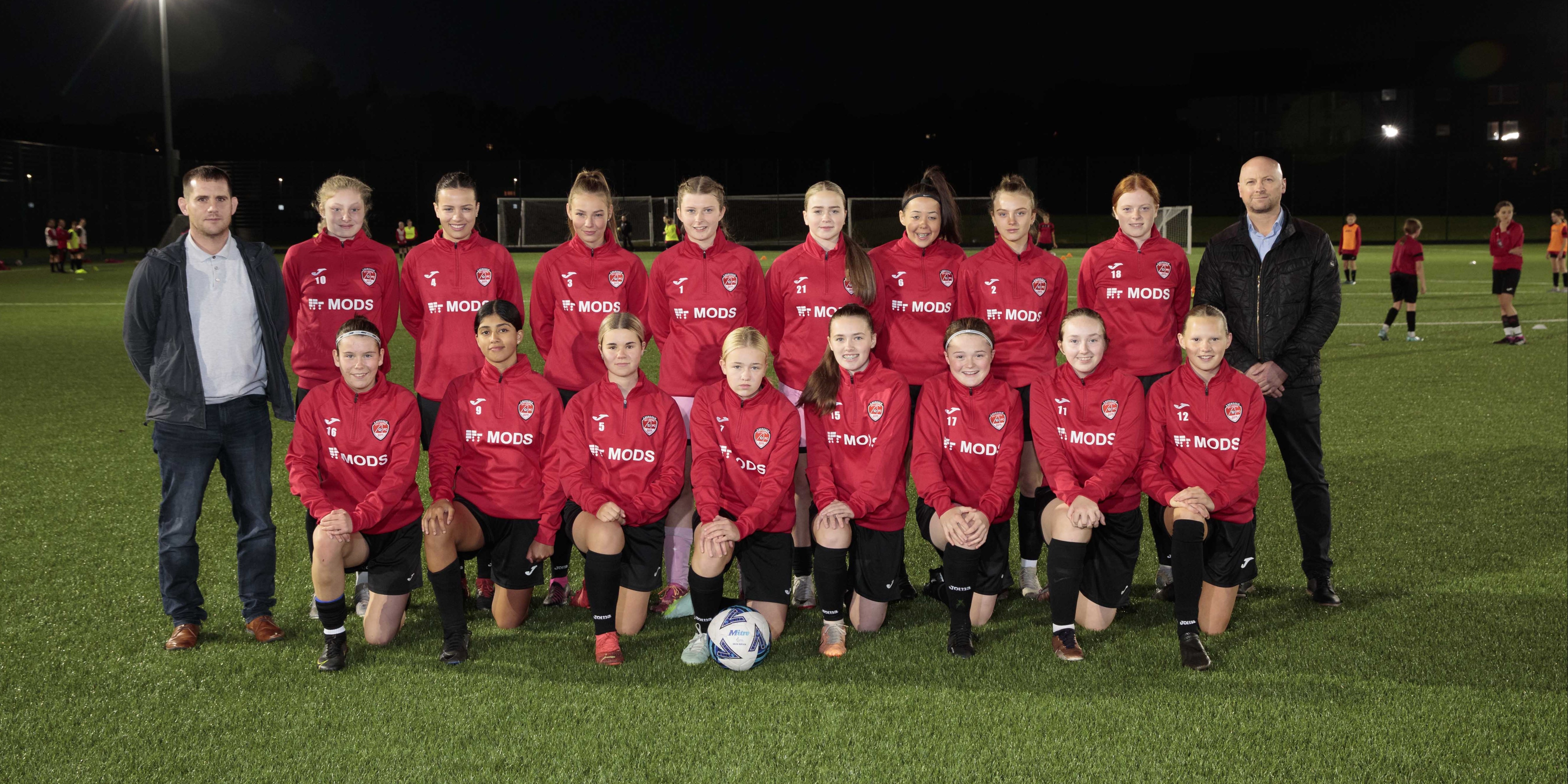
Granite City business continues to support Aberdeen Ladies FC